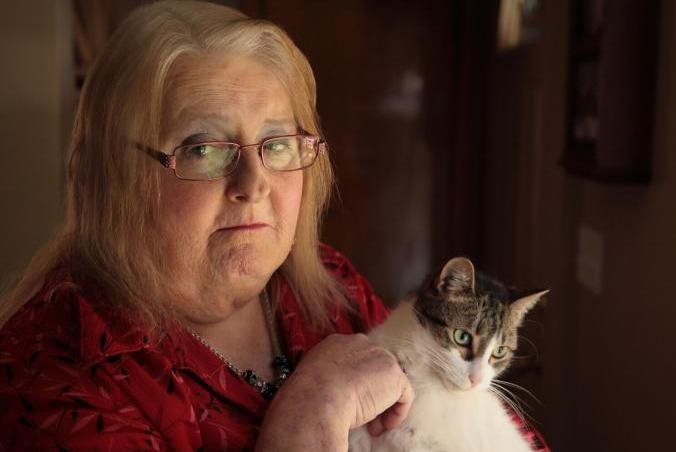May 12 (UPI) -- Aimee Stephens, the woman at the center of a landmark Supreme Court case on transgender rights, died Tuesday, the American Civil Liberties Union announced. She was 59.
"With heavy hearts, we share that Aimee Stephens, our client and dear friend, whose landmark case is the first about the civil rights of transgender people to be heard by the Supreme Court, died today at home in Metro Detroit with her wife, Donna Stephens, at her side," the ACLU of Michigan wrote on Twitter.















